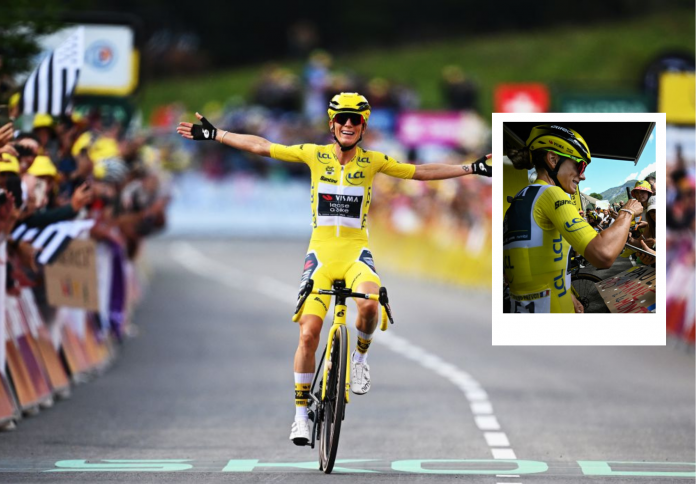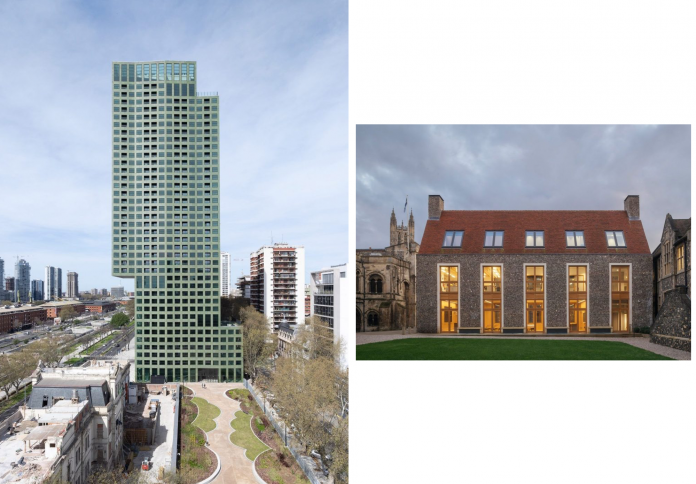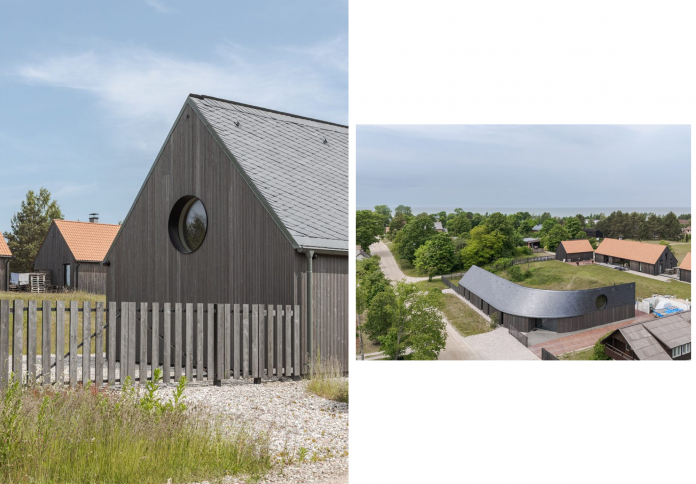With a storming final stage and the weight of a nation’s cycling hopes on her shoulders, Pauline Ferrand-Prévot etched her name into the annals of French sporting history. More than three decades after a Frenchwoman last won the Tour de France Femmes, she returned from mountain biking to conquer the road—and with it, the yellow jersey. Her win is not just a personal triumph, but a symbol of national resurgence and a shift in the narrative of women’s cycling in France.
The road from Paris to yellow
Pauline Ferrand-Prévot’s return to road cycling was not tentative—it was deliberate and determined. Having dominated in mountain biking, including clinching Olympic gold in Paris, she made no secret of her next ambition: winning the Tour de France Femmes. Though she allowed herself three years for the challenge, her commanding form needed only one.
Her journey through the race was strategically patient at first, conserving energy and watching her rivals. But by the penultimate stage, Ferrand-Prévot made her move—one that will be remembered for its sheer audacity and strength. On the grueling Col de la Madeleine, a climb that has broken many contenders, she simply rode away from the pack, asserting control with quiet ferocity.
It was a moment of masterful timing, but also of emotional significance. For the first time in 36 years, the yellow jersey was being reclaimed not by a visitor, but by one of France’s own. As she crossed the finish line alone, Ferrand-Prévot didn’t just win a race—she ended a generation’s wait.
Stage by stage, reclaiming a legacy
Ferrand-Prévot’s dominance didn’t come without challenge. The Tour de France Femmes featured a stacked field, including defending champion Kasia Niewiadoma-Phinney and last year’s winner Demi Vollering, both of whom had been expected to repeat their podium feats. But the Frenchwoman turned expectations upside down—beginning with her assertive move on Stage 8 and culminating in a dramatic solo finish in Stage 9.

That last day was far from a victory lap. Early on, Ferrand-Prévot faced setbacks. Caught behind on the valley roads, her lead looked fragile as the peloton closed in. But her team rallied, controlling the tempo, and as the road tilted upward again, Ferrand-Prévot launched a solo attack with six kilometers to go. That burst of strength not only secured the stage win—it confirmed her total control over the race.
By the final tally, Ferrand-Prévot led Vollering by three minutes and 42 seconds, and Niewiadoma-Phinney by more than four minutes. It was not just a win—it was a statement, one forged on mountain roads and sealed in solo glory.
A nation’s joy and a symbol renewed
Ferrand-Prévot’s triumph has ignited something far larger than individual acclaim. For France, the Tour has long been a sacred institution—its rhythms woven into the fabric of summer life. And yet, for over three decades, the yellow jersey remained elusive for home riders. While Jeannie Longo’s 1989 win remained a proud memory, it had begun to feel more like a relic than a precedent.

Ferrand-Prévot’s victory reclaims that legacy. It restores a sense of possibility not just for women’s cycling in France, but for a new generation of athletes who now see the sport’s grandest stage as something within reach. Her words after the race echoed that sentiment: this was a win not just for herself, but for all the women and girls watching, waiting, and dreaming.
Beyond national pride, her win also signals a cultural shift. It highlights how the Tour de France Femmes, once relegated to the sidelines of global cycling, is beginning to command the respect and viewership it has long deserved. Ferrand-Prévot’s ride will no doubt draw even more eyes to the sport—and give the race the icon it needs to inspire the next wave.
From trails to tarmac, a career redefined
What makes Ferrand-Prévot’s performance even more remarkable is its context. Few athletes transition successfully across disciplines, and even fewer return after retirement to claim the highest prize in their sport. But Ferrand-Prévot is no ordinary rider. Her background in mountain biking gifted her a unique toughness and technical edge—qualities that were evident as she powered through this Tour’s most punishing climbs.
Her decision to retire from off-road racing and return to the peloton came with significant risk. But it also came with vision. She didn’t just want to compete again—she wanted to win the Tour. That clarity of purpose shaped every stage she rode, every corner she carved, and every summit she conquered.
And now, with this yellow jersey in hand, her cycling résumé stands unmatched: world champion across multiple disciplines, Olympic gold medalist, and Tour de France Femmes champion. Her name belongs not only in the record books, but in the global pantheon of cycling greats.
This win might have been born of personal drive, but its ripple effects are bound to reshape the landscape of women’s cycling—for France, and far beyond.










